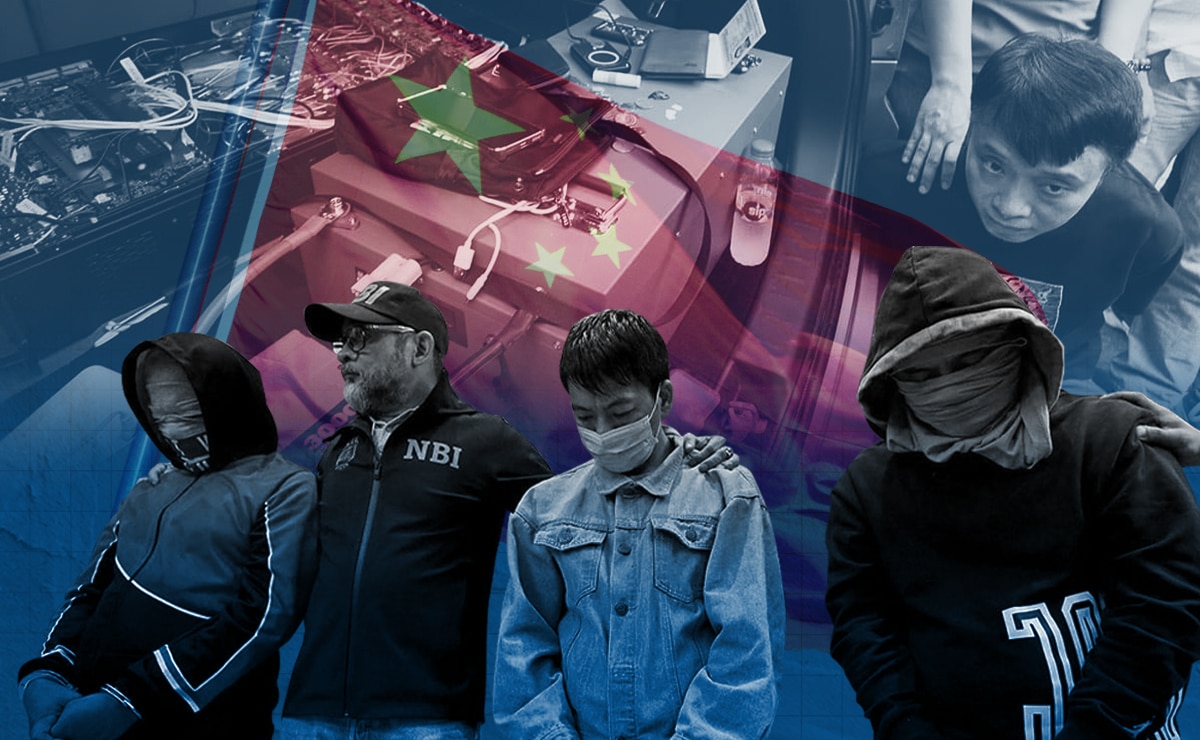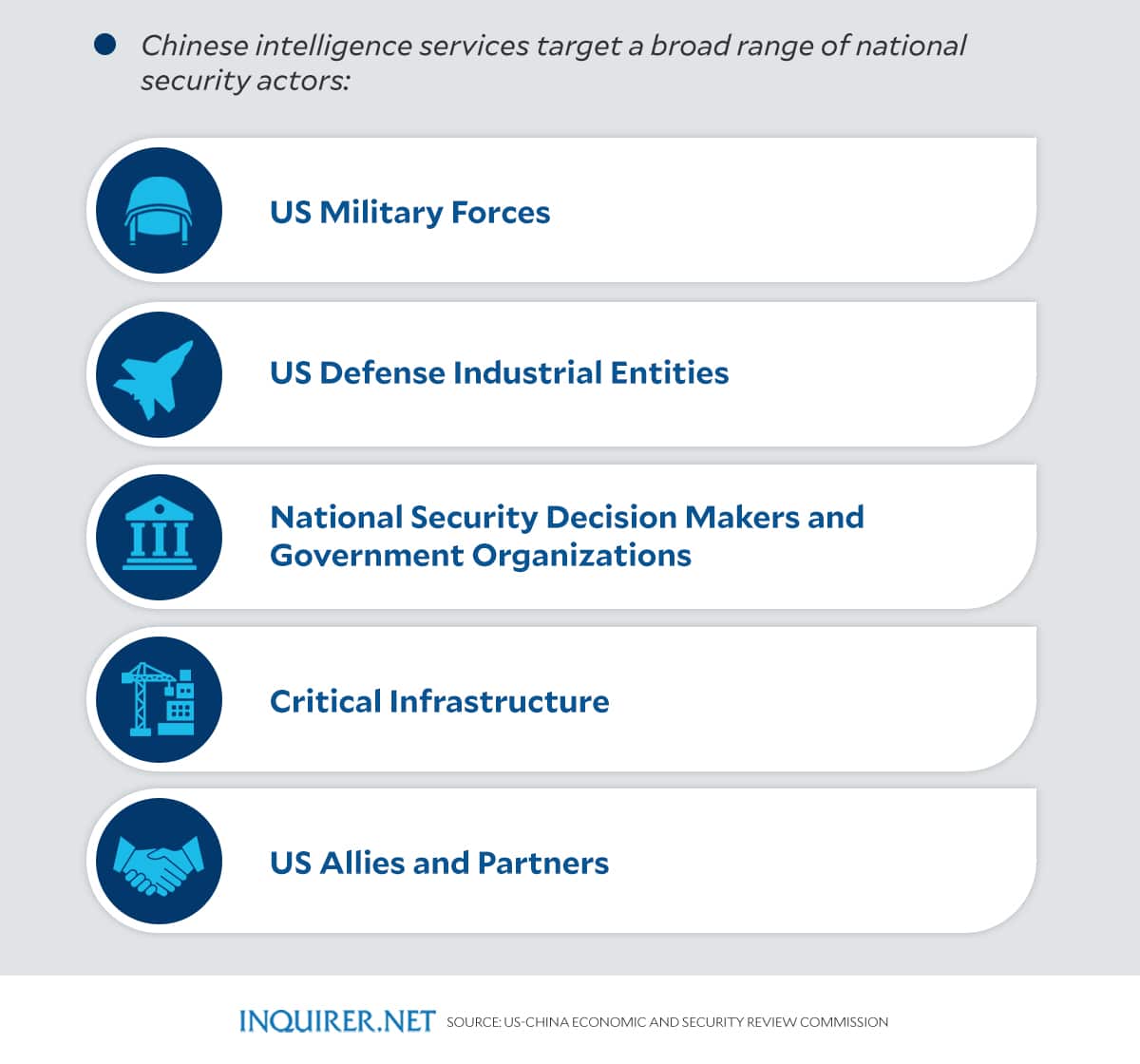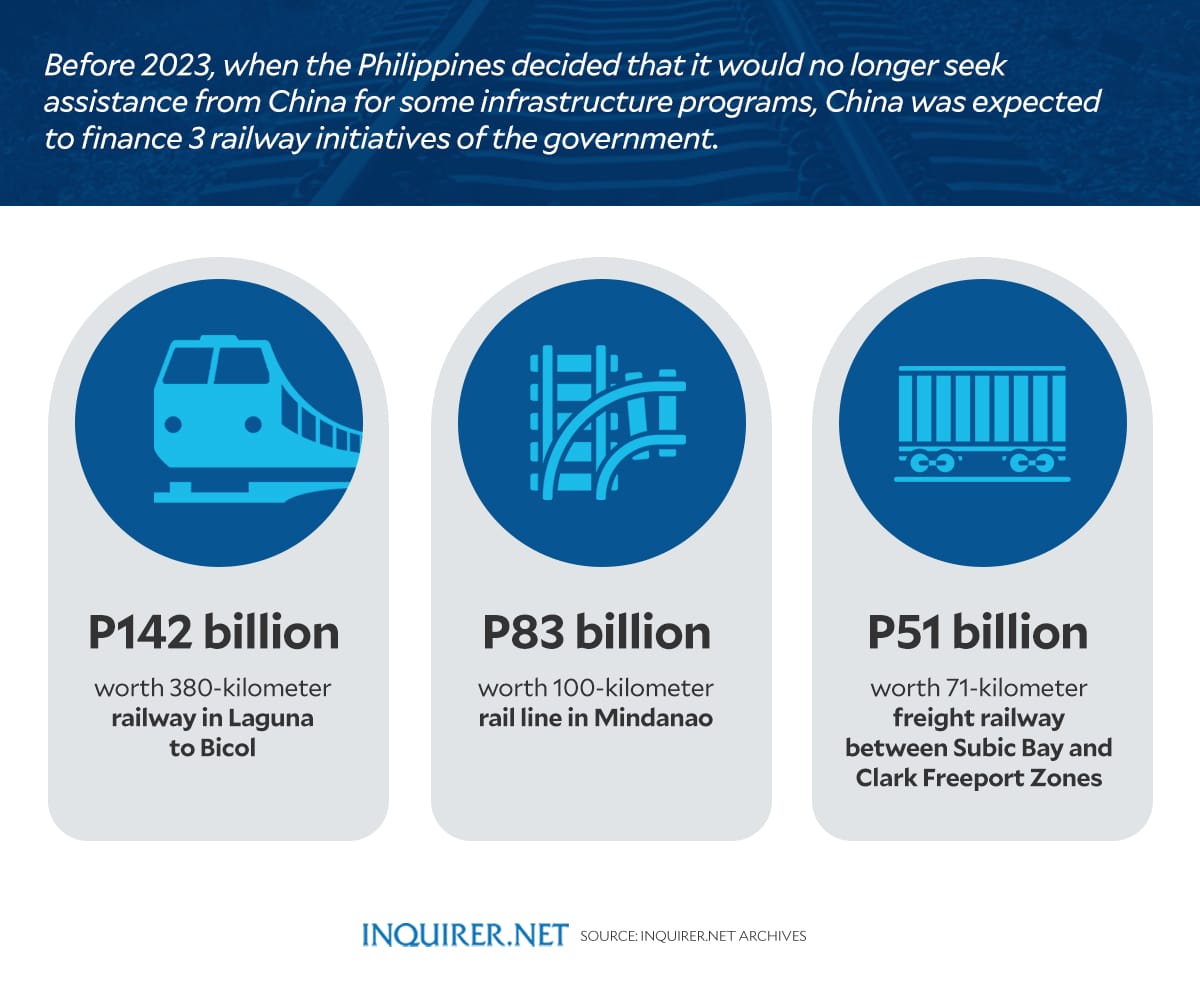China’s espionage: Understanding why they could be everywhere

CHINA’S SUSPECTED SPYING ACTIVITIES composite image from INQUIRER file
The retrieval of submersible drones, as well as the arrest of Chinese nationals linked to espionage activities, illustrate that the Philippines is waking up to the apparent threats posed by China.
But for geopolitical analyst Don McLain Gill, an instructor of international relations at the De La Salle University, the challenge now lies in “forging concrete and sustainable countermeasures.”
This, as he stressed in the article “Uncovering China’s Spying Game in the Philippines” published by the Lowy Institute that “it is no secret that China maintains an intricate network of spies.”
READ: Chinese submersible drones’ sinister roles in expansionism
After all, Sen. Francis Tolentino, who pointed out that the cases “bear all the hallmarks of espionage,” said these “determined, continuous, and pervasive assault on Filipinos” are just the “tip of the iceberg.”
READ: Tests show underwater drones found in PH likely from China
Chester Cabalza, president of the think tank International Development and Security Cooperation, previously pointed out that Chinese espionage “come in many forms,” including businesses.

GRAPHIC: Ed Lustan/INQUIRER.net
This, as Chinese spies can be businessmen, expats, collaborators of local think tanks, diplomats, and academics who had worked in the defense and security sector, and even politicians and celebrities.
All over?
Earlier this year, Filipinos expressed concern over the 40 percent stake in the National Grid Corporation of the Philippines (NGCP) held by the State Grid Corporation of China.
READ: Lawmakers: Why Chinese minority shareholder as NGCP chair?
Even Batangas Rep. Gerville Luistro and Quezon Rep. David Suarez asked how a Chinese representing a “minority stake” became the chairman of the country’s previously state-owned electrical grid.
The remaining 60 percent is held by local corporations.
As stressed by the NGCP, it is managed by Filipinos and is not controlled in any way by China, easing concerns regarding national security, especially considering the ceaseless intrusion of China into the West Philippine Sea, which is inside Philippine exclusive economic zone.
READ: NGCP: China ownership is not a national security threat
It said NGCP operations are in strict compliance with the Constitution.
READ: Solons assured: NGCP run by Filipinos, compliant with Constitution
However, Sen. Risa Hontiveros pointed out that given China’s aggression, there is enough reason to be concerned over the implications of foreign control in critical infrastructure like the electrical grid.
Beyond common
As the US-China Economic and Security Review Commission (USCC) said, the People’s Liberation Army, “operate[s] an extensive and increasingly sophisticated array of […] assets for the collection of technical intelligence.”
It stated that in the US, Chinese intelligence services target a broad range of US national security entities, including the military, defense industrial companies, national security decision makers, and critical infrastructure entities.
“These have far-reaching implications for US national security,” it said.
As for critical infrastructure entities, the US has been a major target of cyber operations, with China capable of “significantly disrupting or damaging these entities.”
Way back 2013, the US Department of Homeland Security pointed out that attacks, including cyber intrusions, on critical infrastructure “could disrupt the ability to carry out national security-related missions.”
Before 2023, when the Philippines decided that it would no longer seek assistance from China for some infrastructure programs, China was set to finance three railway projects of the government, led then by President Rodrigo Duterte.

GRAPHIC: Ed Lustan/INQUIRER.net
These were the 380-kilometer railway in Laguna to Bicol worth P142 billion; the 100-kilometer rail line in Mindanao worth P83 billion; and 71-kilometer freight railway between Subic Bay and Clark Freeport Zones worth P51 billion.
Subic Bay and Clark Freeport Zones were previously the Subic Bay Naval Station and Clark Air Base, which The Diplomat described as “two of the nerve centers of US military power in the Asia-Pacific.
Likely ‘on the radar’
Gill said China was already engaging in industrial espionage activities in the West as early as 2000s “to steal trade secrets […] there were also concerns of rising intellectual property by China, targeting Western companies.”
“Today, China’s industrial espionage has become more comprehensive, especially vis-a-vis semiconductor manufacturers,” he told INQUIRER.net via Facebook Messenger last week.
Therefore, “if there would be foreign companies engaged in critical industries, it is likely that they are on the radar for possible espionage activities,” said Gill.
As the USCC said, China’s intelligence collection operations targeting US defense industrial entities and its acquisition of sensitive defense technology could undermine US military superiority.
This, as the acquisition could accelerate China’s military modernization and give China insight into the capabilities and operation of US weapons and weapons systems.
Meanwhile, targeting US military forces could give China insight into US operational plans. This could allow China to more fully anticipate and more efficiently and effectively counter US military operations.
READ: China firm’s 40 percent stake in Dito ‘immaterial’ in fears for PH national security—Lorenzana
Way back 2020, Hontiveros called for an investigation on the implications of the entry of Dito Telecommunications Corporation, a joint venture with a 40 percent stake held by a state-owned company in China.
READ: Hontiveros presses Senate probe of Dito’s China links
The Stratbase ADR Institute said the deal between the military and Dito Telecommunications Corporation, especially the installation of facilities inside military camps, has “cybersecurity risks.”
READ: Allowing China-backed telco inside military camps won’t result in security breach, says Palace
It pointed out in the same year that “the openness of the Philippines increases its susceptibility to authoritarian influence operations,” saying that “weak democratic institutions and poor governance structures allow authoritarian regimes like China to exploit and manipulate vulnerable states.”